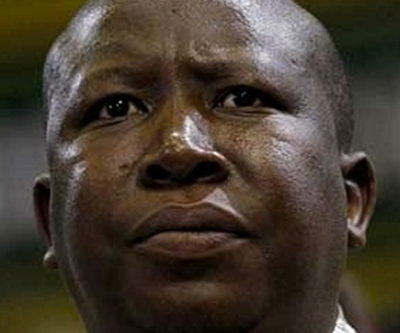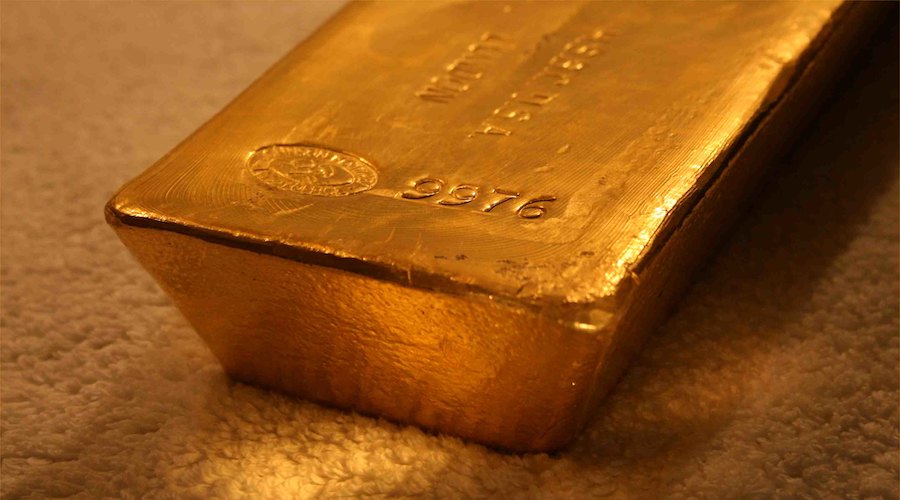South Africa is looking at mining super-tax, ‘targeted intervention’ in platinum sector

South Africa’s ruling party, the African National Congress, appears to be moving away from nationalization of the mining industry to reassure foreign investors but is considering other plans to increase state involvement in the sector, particularly with regard to platinum.
According to the New Age paper the ANC report stressed that nationalization would be unaffordable, as the government would need to raise R1 trillion ($125 billion), more than its entire budget, to buy out listed mining companies:
The proposals included a 50% tax on the sale of mining rights to prevent speculation. A windfall tax of up to 50% on super-profits, defined as a return on investment of 22%, was also included. However, the royalty tax would be reduced from four to one percent.
Platinum, a strategic mineral, would be nationalised via “targeted interventions”, while the government would participate in the industry to a much greater extent, the weekly reported.
However, the royalty tax would be reduced from four to 1%.
Firebrand Julius Malema (pictured), the leader of the youth wing of the ANC which often acts as kingmaker in the country’s politics, spearheaded the campaign to seize mines, farms and banks last year.
Malema is never far from headlines in the country with racially charged comments but an anti-corruption police unit is probing his business dealings and last week his suspension from the ANC for “bringing the organization into disrepute” over an unrelated matter was upheld.
A closely watched survey by the Fraser Institute shows South Africa’s appeal for mining investment has declined dramatically since 2006.
In 2006 South Africa was ranked 37th out of 64 countries and territories. The country’s position has declined since then and its 2010 ranking was 67th in an expanded survey of 79 countries and territories.
The mining sector in South Africa contributes 9.6% to GDP and employs 3.1% of the country’s labour force. In 2010 the sector contributed 15.3% of country’s exports.
A Citigroup report in 2010 states of South Africa’s $2,500 billion worth of reserves, $2,300 billion resides in the platinum group metals. In dollar value Guinea, South Africa, India, the Ukraine and Kazakhstan are the countries that under-produce the most in terms of their reserves:
More News
{{ commodity.name }}
{{ post.title }}
{{ post.date }}





2 Comments
Bethuelk
I think that beneficiation of any country’s resources must be done at a point source to curtail raw material exports with the intention; create wealth for the sustainability of the jobs, to benefit the country of origin and stimulate infrastructural developoment,to hel mitigate climate change through far reduced transport and travel emissions (only finished goods must be exported, encourage investments at the point source of the resource, to foster rehabilitation, peace and good citizenship. Dr Bethuel Kgobane
Rudi
I’ve received many requests to do a due dilligence on companies owning fairly new mining rights, mining permits & prospecting rights. The developer thinks he can sell a greenfields mining project (which in many cases is a lemon) for exuberent profits. Many of these should not even have seen the light and the DMR should not even have approved them. These fly-by-nights out there just upset the markets and then they try to flog the mine, because they never had real intentions in developing the mineral resources of South Africa in the first place.
This proposed tax would result now in them having to bite the bullet and first make it work. I propose that SARS introduce a sliding scale for company tax similar to personal income tax. That would be an incentive and an aid for small scale mining companies. Rather keep the royalty tax as is.
ALGOA CONSULTING MINING ENGINEERS